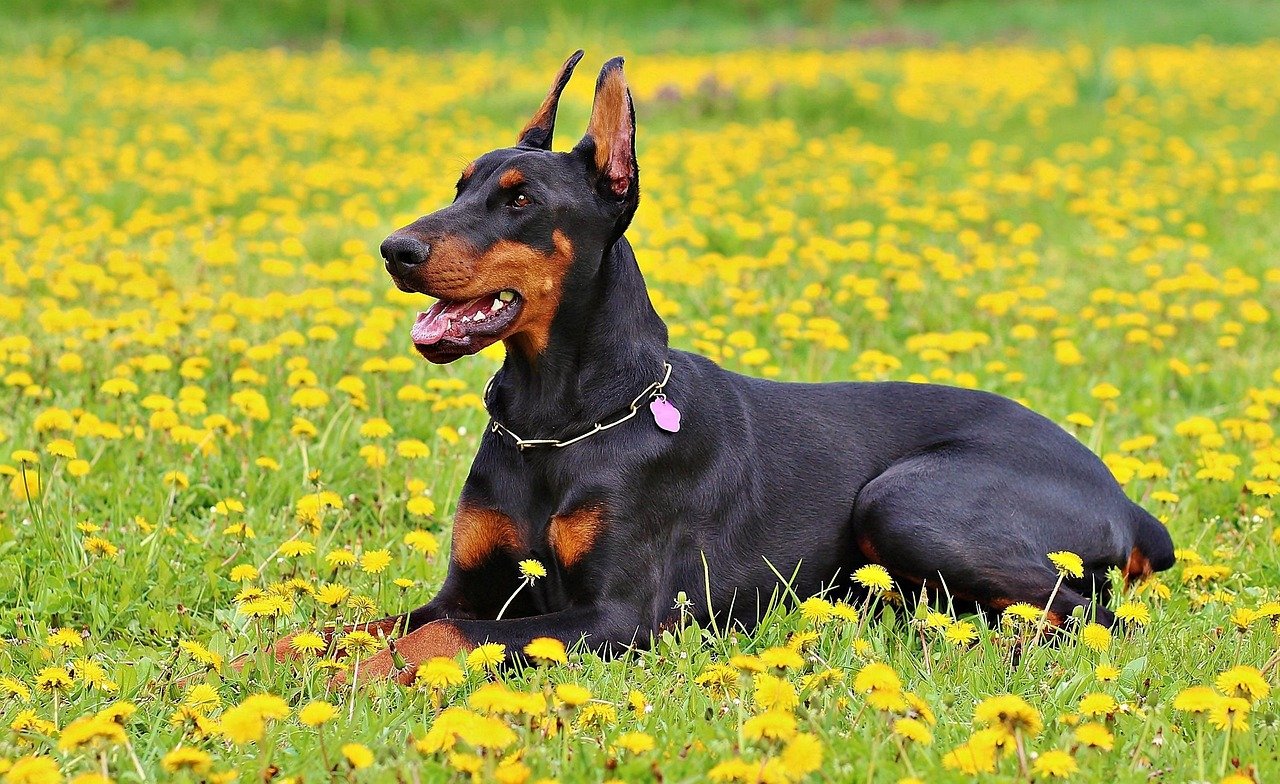Imagine falling in love with a dog’s adorable face, only to realize a few months later you’re completely outmatched by their energy, independence, or sheer stubbornness. Some breeds just aren’t cut out for quick YouTube tutorials or “fix it yourself” training hacks. Bringing one of these dogs home without the right guidance is like trying to fly a plane after reading the manual — daring, but probably disastrous. If you’re dreaming of a loyal best friend but don’t want chaos ruling your house, knowing which breeds truly need professional help is the first step. Let’s dive into the top 12 dogs that demand more than just homemade treats and a well-meaning owner with a clicker.
Belgian Malinois
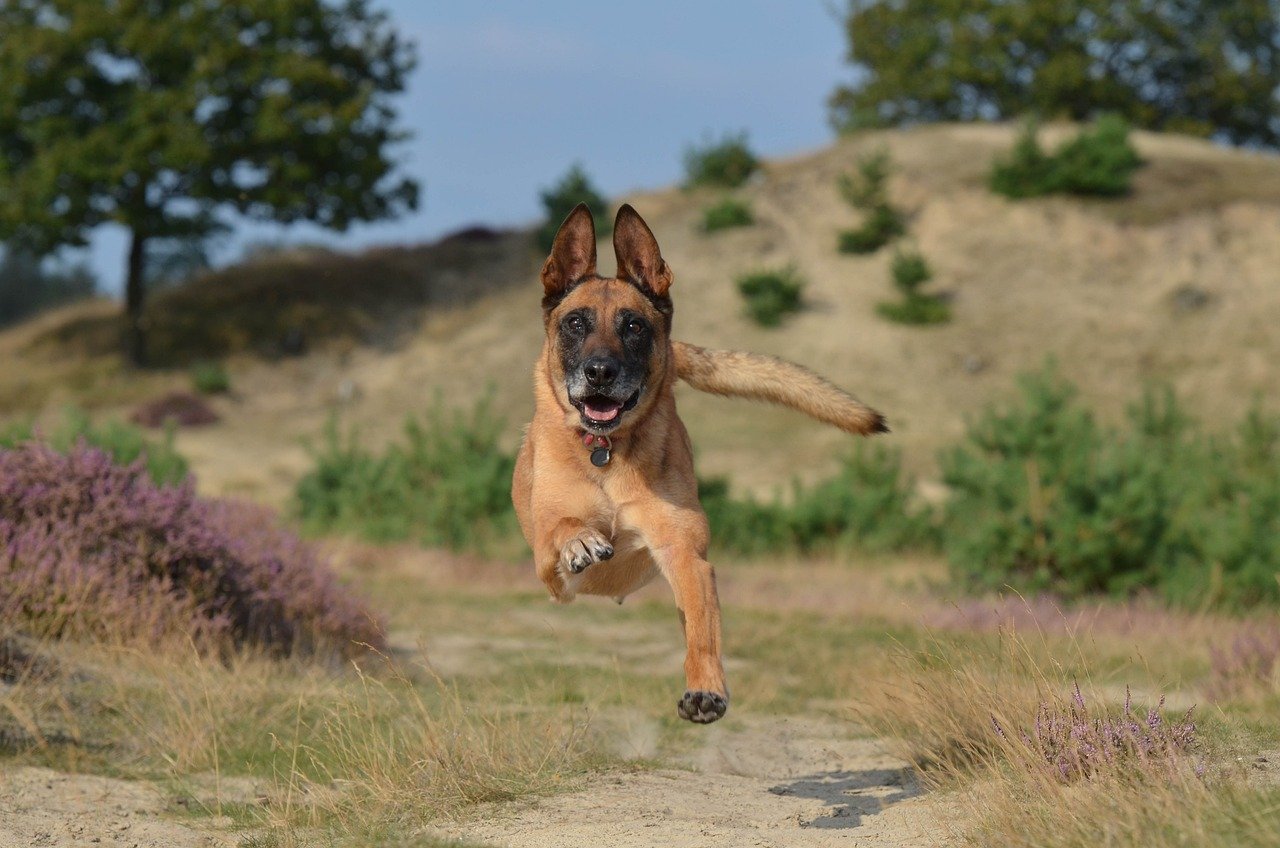
The Belgian Malinois is a powerhouse of energy and intelligence, often seen working alongside police and military units. These dogs thrive on mental and physical challenges, and without rigorous training, they can become destructive or even aggressive. DIY tricks just don’t cut it for a breed that needs clear structure and advanced obedience work.
A professional trainer will understand how to channel the Malinois’ drive in positive ways, teaching boundaries and advanced commands that keep everyone safe. Without this guidance, their high prey drive and intensity can lead to trouble, especially in busy households or around other pets. If you’re thinking about a Malinois, be ready to invest in expert help from day one.
Border Collie
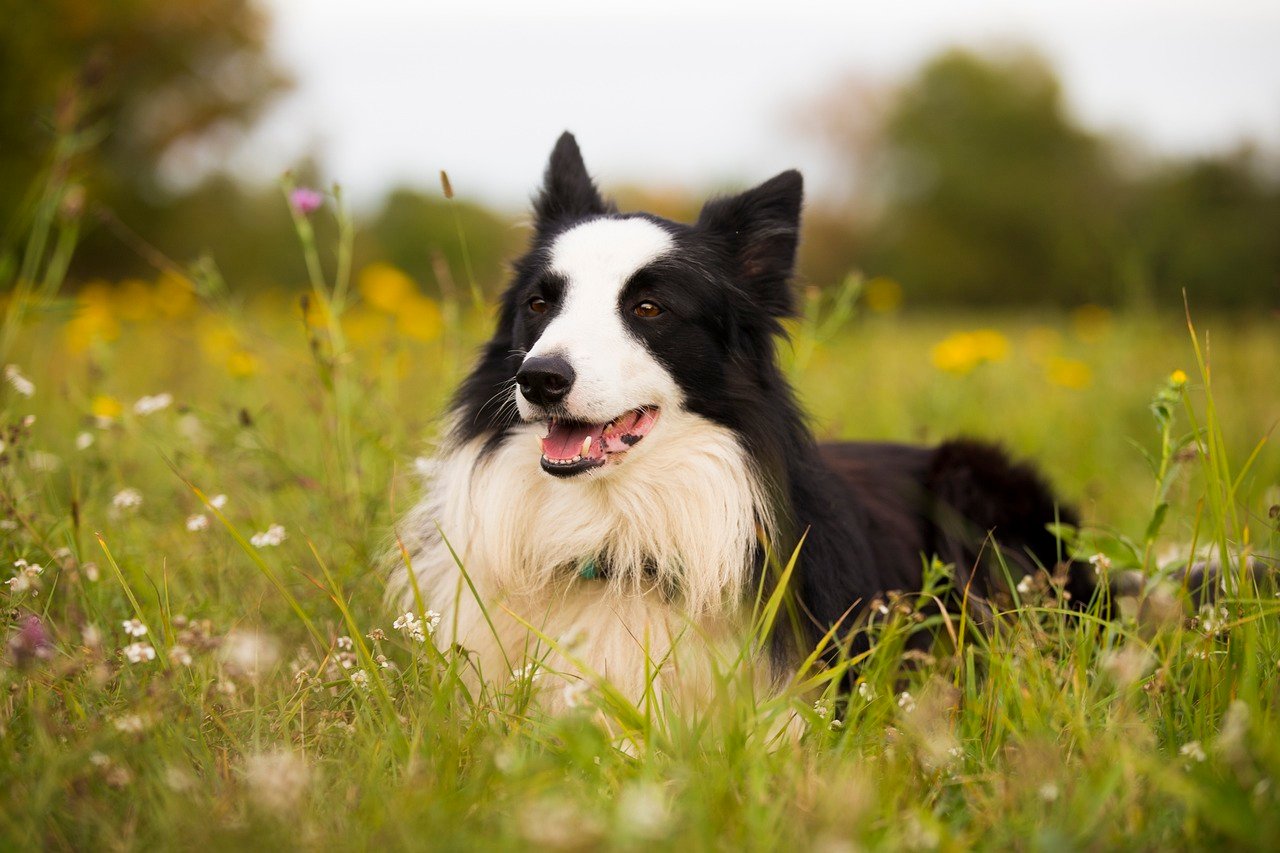
Known as the Einsteins of the dog world, Border Collies are stunningly smart but equally demanding. These dogs were bred to herd sheep all day, not to lounge on the couch. That sharp mind gets bored fast, and boredom can turn into chewing, digging, or herding children and guests around the house.
Professional trainers know how to create mental challenges and obedience routines that keep Border Collies engaged. Trying to outsmart a Border Collie with DIY tricks often backfires — they’ll figure out loopholes faster than you can blink. Consistent, expert training is key to turning their brilliance into good behavior, not household mayhem.
Rottweiler
Rottweilers are loyal protectors with a serious side. Their strength and confidence can be intimidating, making them a favorite for those wanting a guard dog. However, their natural guarding instincts require careful and consistent handling from a pro.
Professional training isn’t just about teaching a Rottweiler to sit or stay — it’s about establishing trust, respect, and control in every situation. Without this foundation, a Rottweiler may become overprotective or reactive, especially around strangers. This is one breed where skipping expert guidance can have serious consequences for everyone involved.
Akita
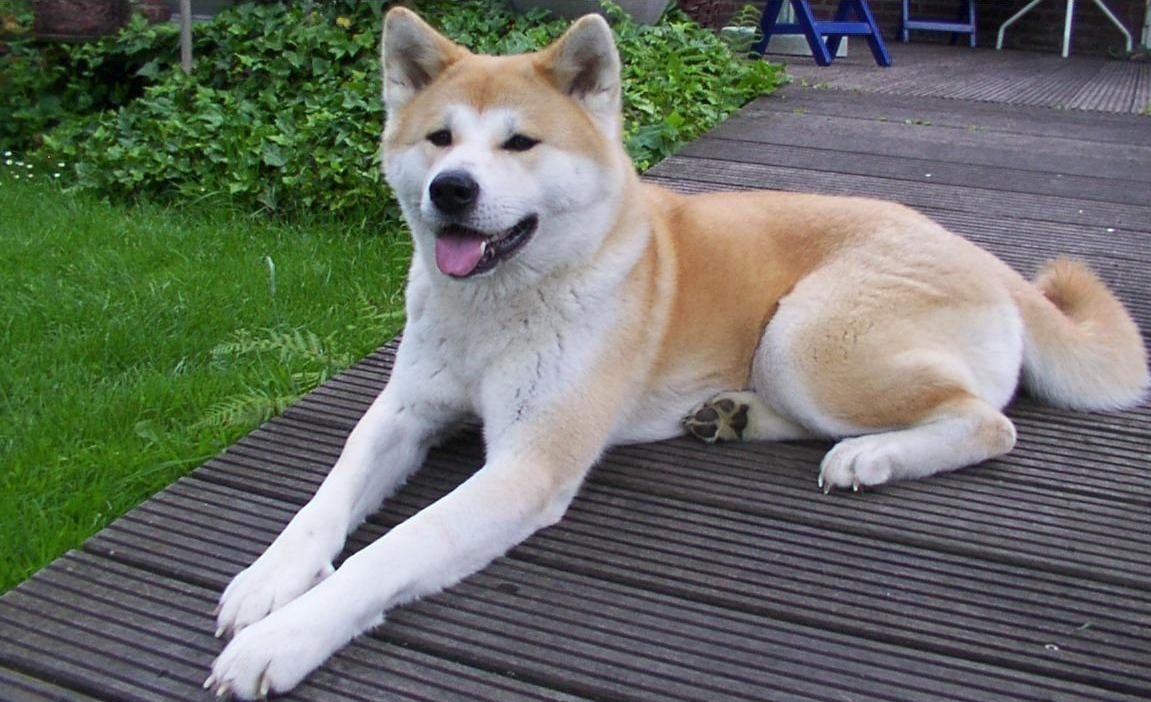
Akitas are dignified and beautiful, but they’re also known for their strong-willed and sometimes aloof personalities. Don’t be fooled by their teddy bear looks — they have an independent streak a mile wide. DIY training often ends up in a battle of wills, and the Akita usually wins.
A professional trainer can teach you how to communicate with your Akita and set firm boundaries. They’ll help prevent resource guarding, aggression, and dominance issues that can arise if the dog isn’t properly guided. With the right professional help, Akitas can become loving, loyal companions — but it’s not a journey to take alone.
Doberman Pinscher
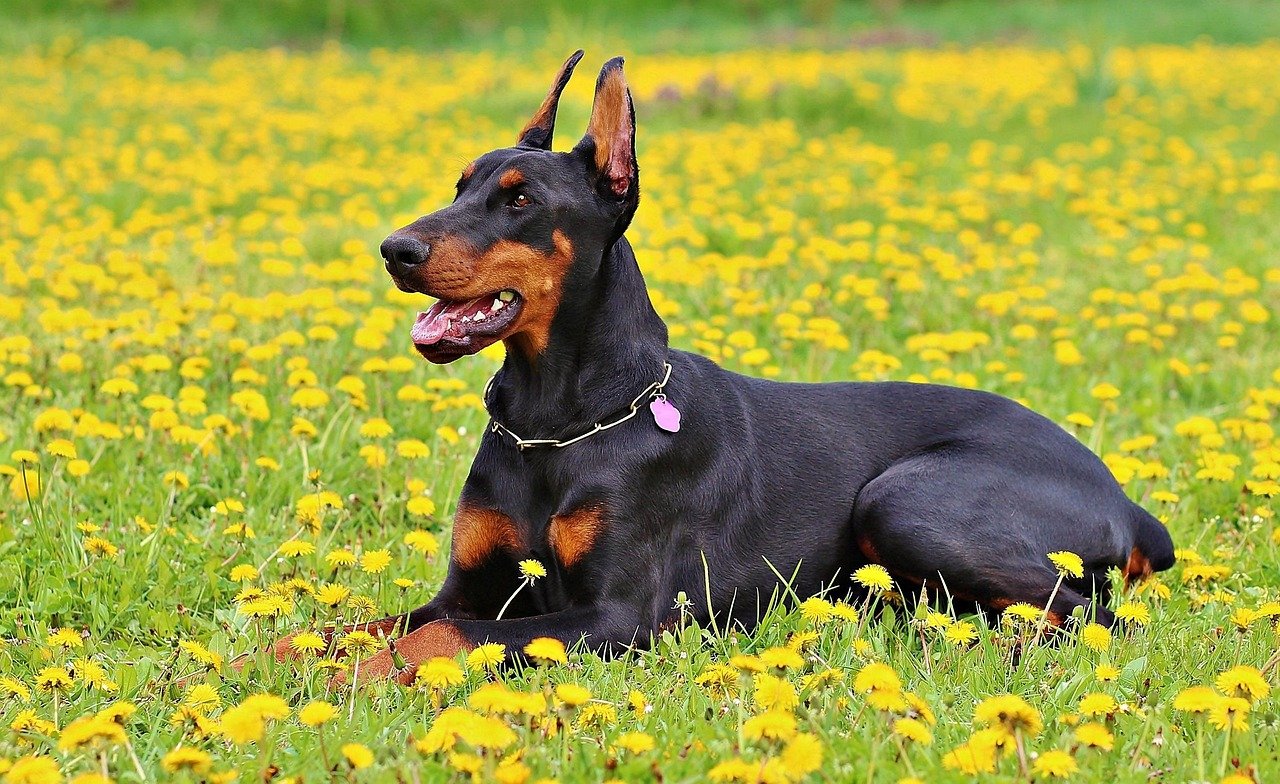
Sleek, alert, and always ready to protect, Dobermans are impressive dogs that require an experienced hand. Their intelligence and sensitivity mean they pick up on both good and bad habits quickly. If you’re inconsistent or rely on DIY tricks, they’ll sense weakness in no time.
Professional training teaches Dobermans how to interpret commands and stay calm in stressful situations. Without this structure, they can develop anxiety or become overly protective, which can be dangerous. These dogs need confident, clear leadership from someone who truly understands the breed.
Chow Chow
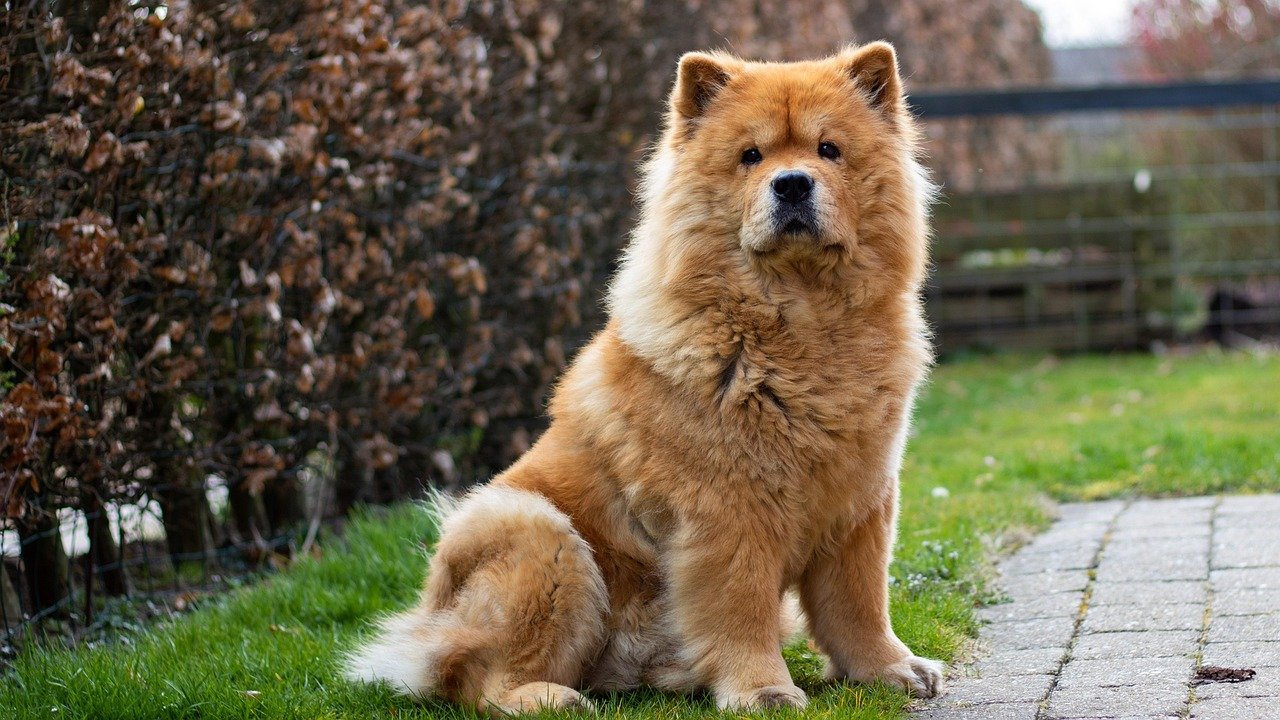
Don’t let the lion-like mane fool you: Chow Chows are fiercely independent and sometimes downright stubborn. They’re not eager to please like some other breeds, which makes them a real challenge for DIY approaches. They’ll test boundaries and ignore commands if they sense you’re not in charge.
A seasoned trainer can teach you how to earn your Chow Chow’s respect and avoid common pitfalls like aggression or resource guarding. Proper socialization is also crucial, and pros know how to introduce new people and situations without overwhelming your dog. With professional help, you’ll have a regal companion — without the attitude.
Cane Corso
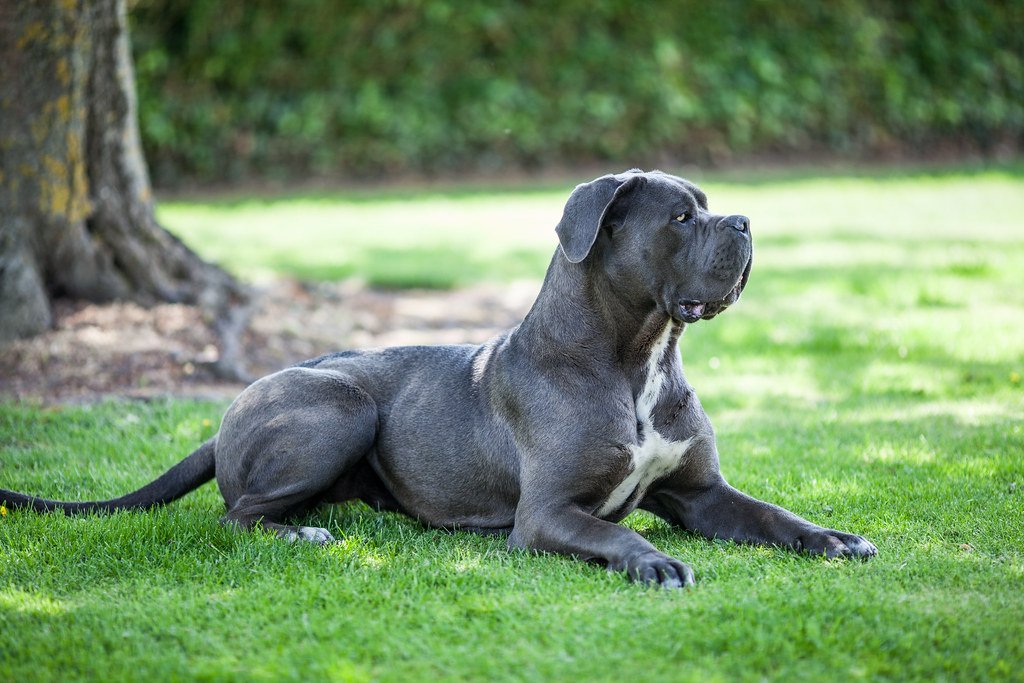
The Cane Corso is a massive, muscular dog bred for guarding and protection. Their sheer size and strength mean that any behavioral issues can quickly become serious. DIY dog training just isn’t enough to keep this breed under control.
Professional trainers use advanced techniques to teach Cane Corsos impulse control and obedience. They’ll help you establish yourself as the leader, which is critical for preventing dominance or aggression. With the right expert guidance, Cane Corsos become calm, confident companions — but this is not a breed for training shortcuts.
Jack Russell Terrier
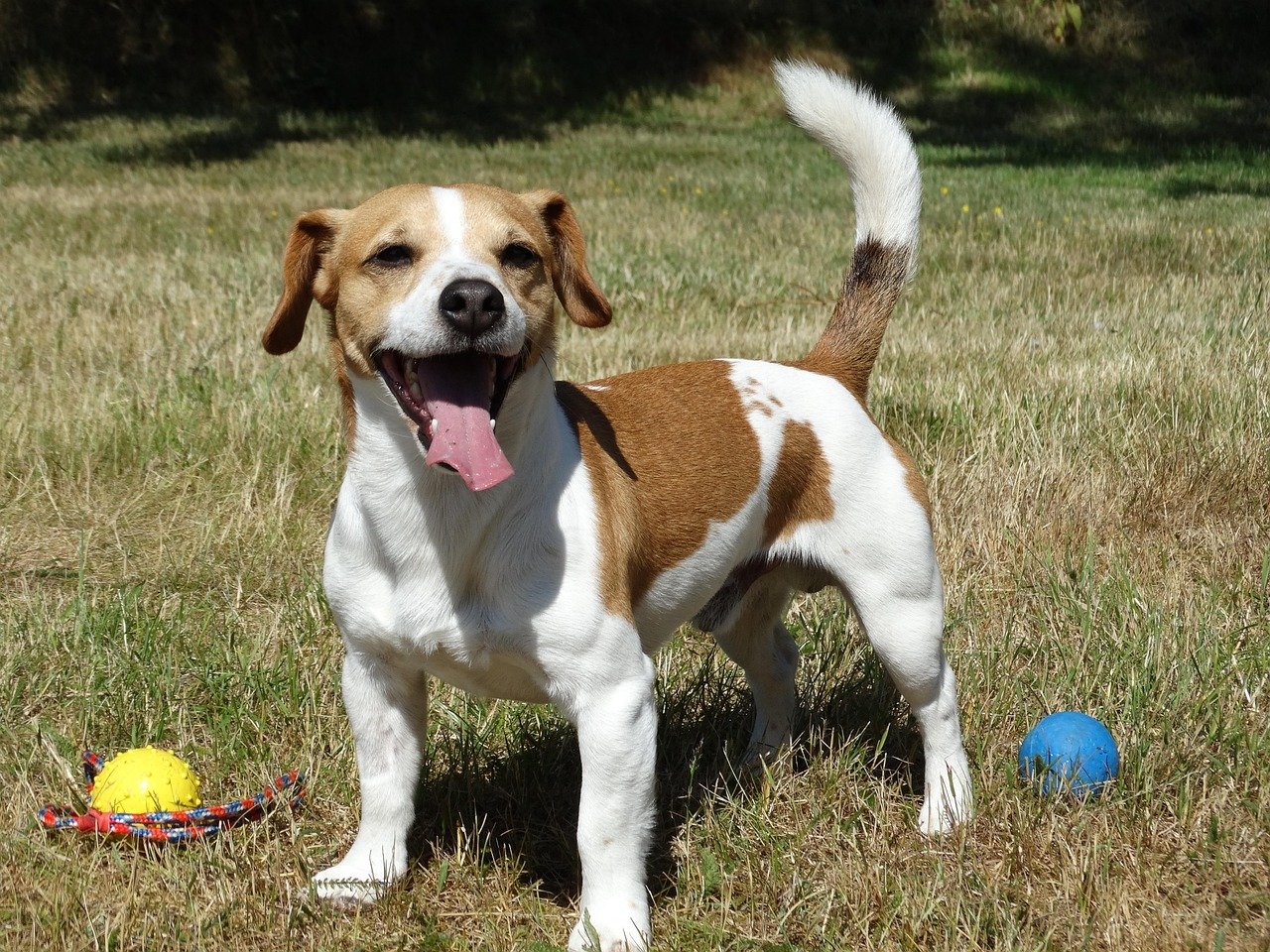
Small but mighty, Jack Russell Terriers are bundles of energy with a mind of their own. They’re famous for their intelligence and stubborn streak, which makes them a handful for even experienced owners. Trying to train a Jack Russell with DIY tricks often leads to frustration — they’ll outsmart you at every turn.
A professional can tap into their need for mental stimulation and high activity, creating a training plan that challenges and satisfies them. Without expert help, Jack Russells can turn to digging, barking, and escaping just to keep themselves entertained. They’re proof that sometimes the smallest dogs require the biggest commitment to training.
German Shepherd
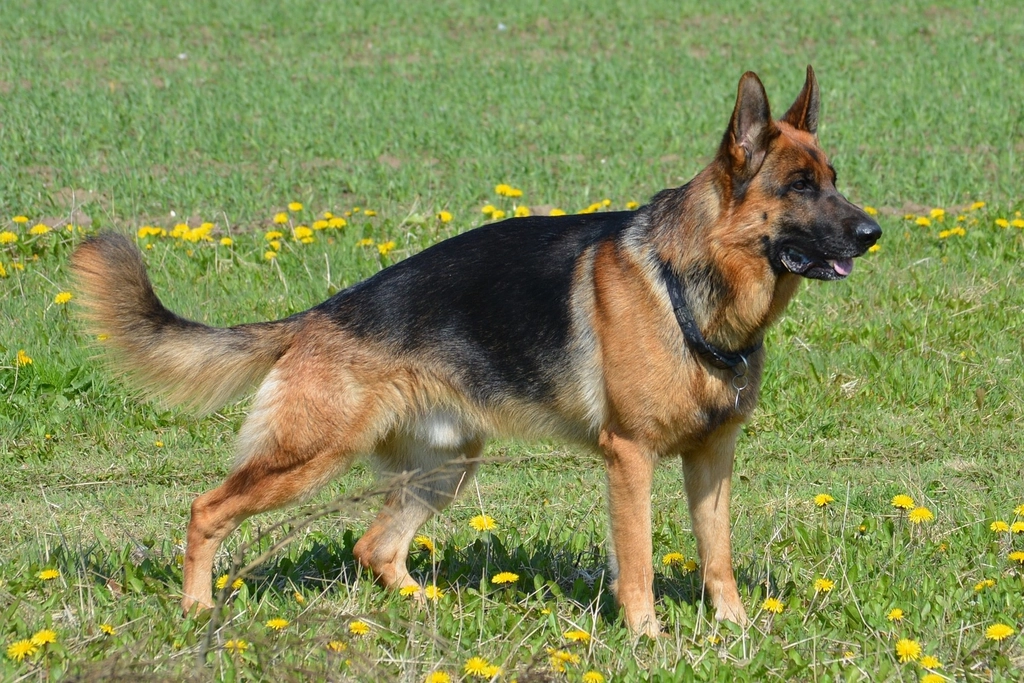
The German Shepherd’s reputation as a working dog is well-earned, but that same drive can be overwhelming in an inexperienced home. They’re fiercely loyal and protective, but without structured training, those traits can lead to over-guarding or anxiety.
Professional trainers know how to harness a German Shepherd’s instincts, using positive reinforcement and consistency. They also teach owners how to provide the right balance of mental and physical exercise. Skipping this step can result in a frustrated, reactive dog rather than the heroic companion you imagined.
Weimaraner
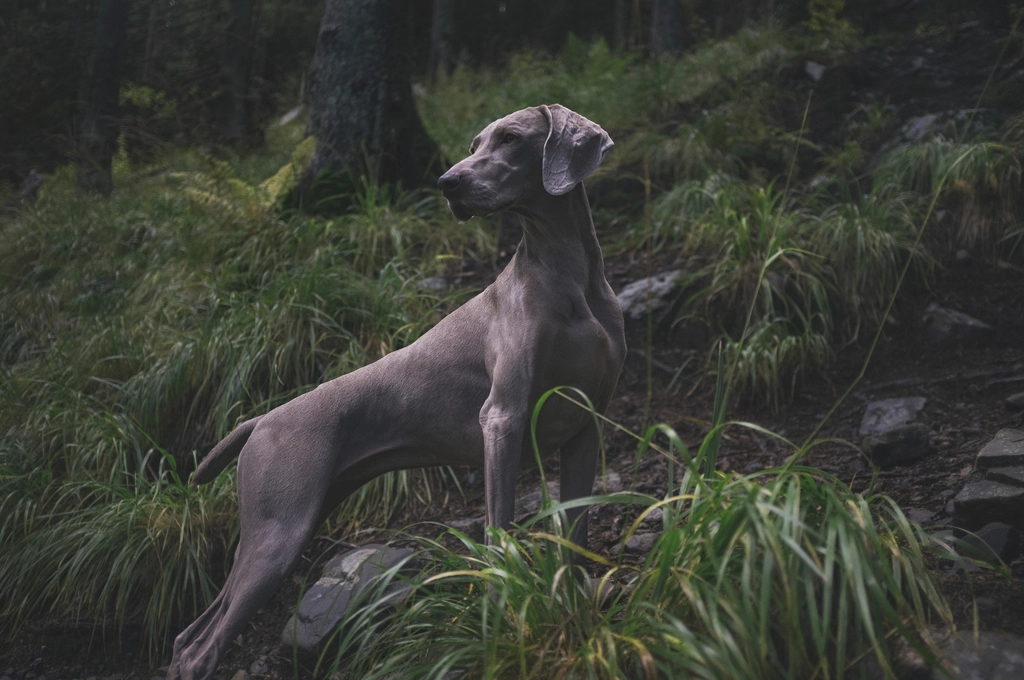
Weimaraners are strikingly beautiful, but their energy and independence can quickly spiral out of control. They were bred for hunting and need constant activity and leadership. Without professional training, Weimaraners often develop separation anxiety or destructive habits.
A pro understands how to set boundaries and provide outlets for the Weimaraner’s drive. They’ll show you how to keep your dog focused and teach them self-control. This breed is not for the casual dog owner — they need dedicated, expert training to thrive.
Alaskan Malamute
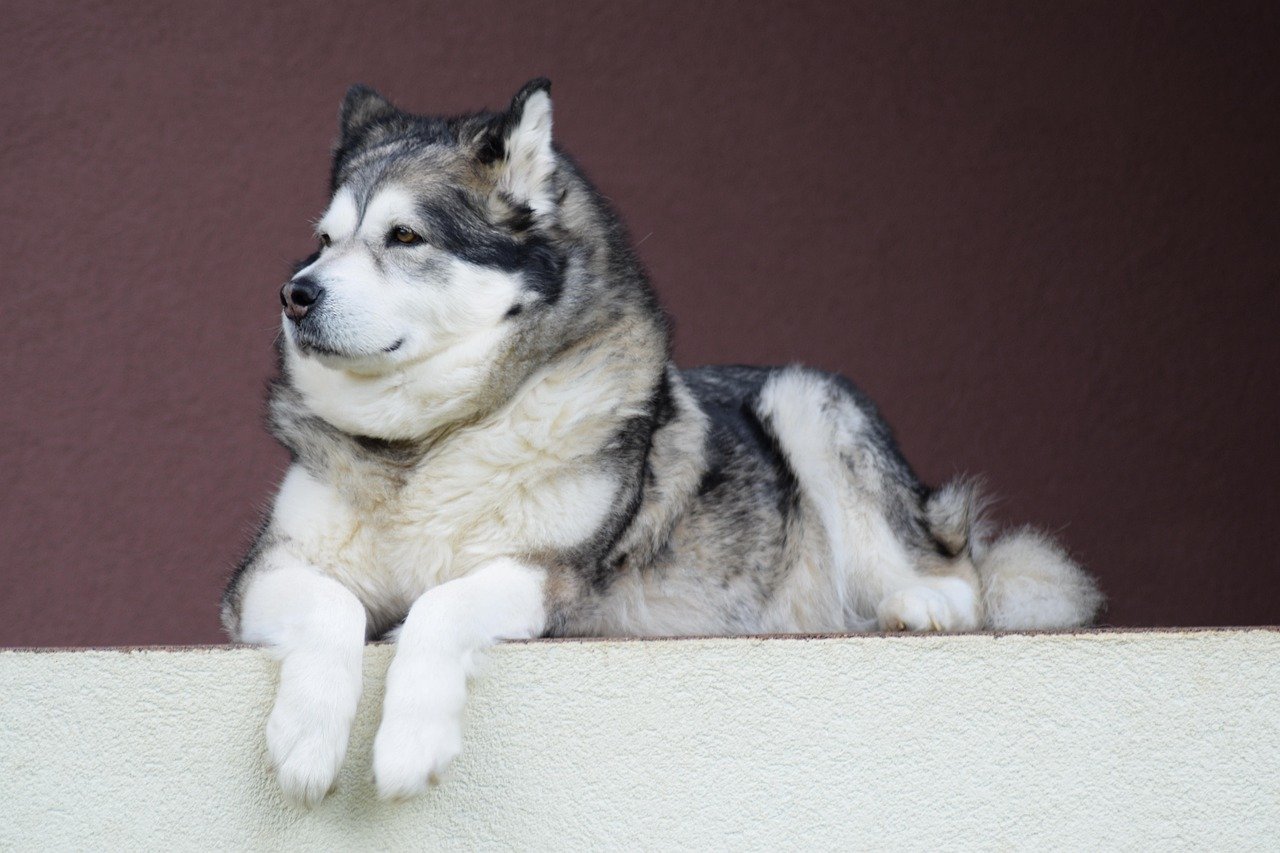
The Alaskan Malamute is a true working dog, bred to haul heavy loads across icy terrain. They’re strong, stubborn, and have a mind of their own. DIY training methods rarely work, as Malamutes quickly decide which rules matter and which don’t.
Professional trainers use tried-and-true methods to teach Malamutes respect for boundaries and social skills. They’ll guide you through challenges like leash pulling, dominance, and digging. With the right help, you’ll have a majestic sled dog at your side — but you can’t get there alone.
Shar Pei
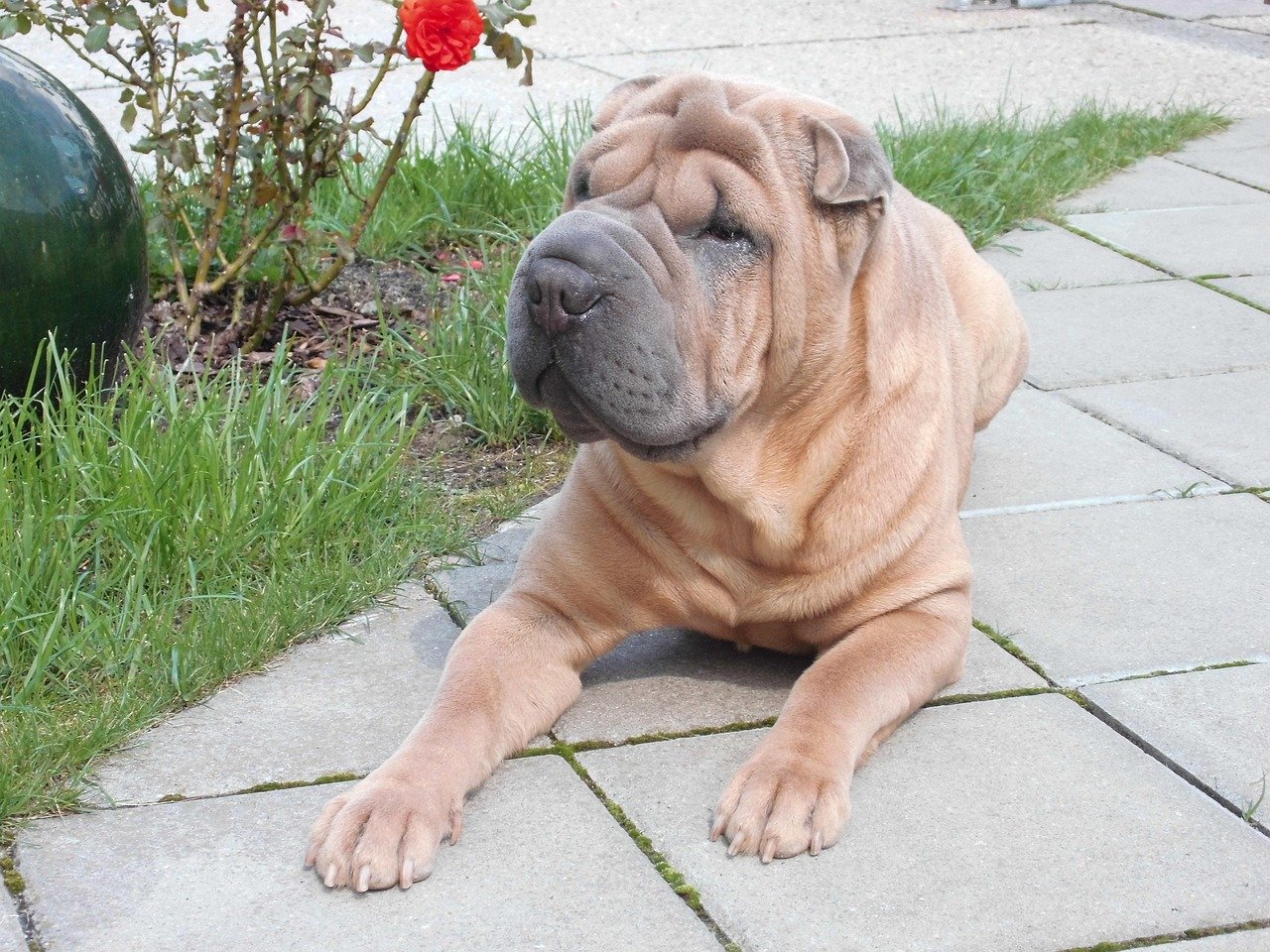
Shar Peis are known for their wrinkly faces and loyal personalities, but their independent nature and wariness of strangers can make them difficult to train. They’re not overly affectionate and often ignore basic commands if they sense inconsistency.
A professional trainer helps you establish clear communication and trust with your Shar Pei. They’ll work on socialization and problem-solving, preventing aggression or anxiety that can arise from poor training. For this unique breed, professional guidance isn’t just helpful — it’s essential.
While many dogs respond well to basic training at home, the twelve breeds on this list often require a more experienced, professional touch. Their intelligence, strength, or stubborn streaks can make DIY approaches ineffective—or even risky. Professional training doesn’t just teach commands; it builds structure, strengthens communication, and helps these complex breeds thrive in a safe, well-managed environment. Investing in expert guidance early on can prevent long-term behavioral issues and set your dog up for a lifetime of success. Because with the right leadership, even the most challenging breeds can become loyal, well-adjusted companions.

